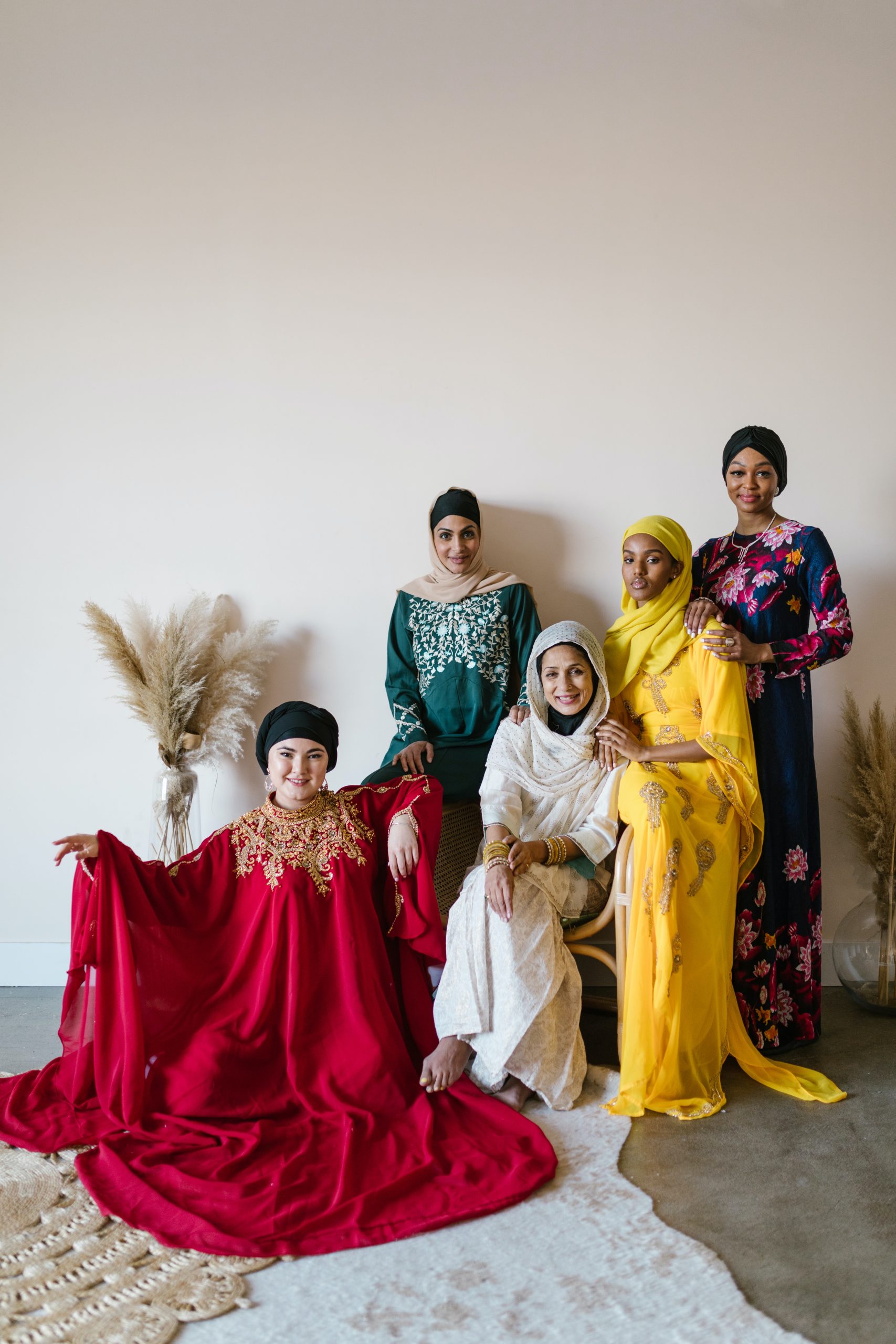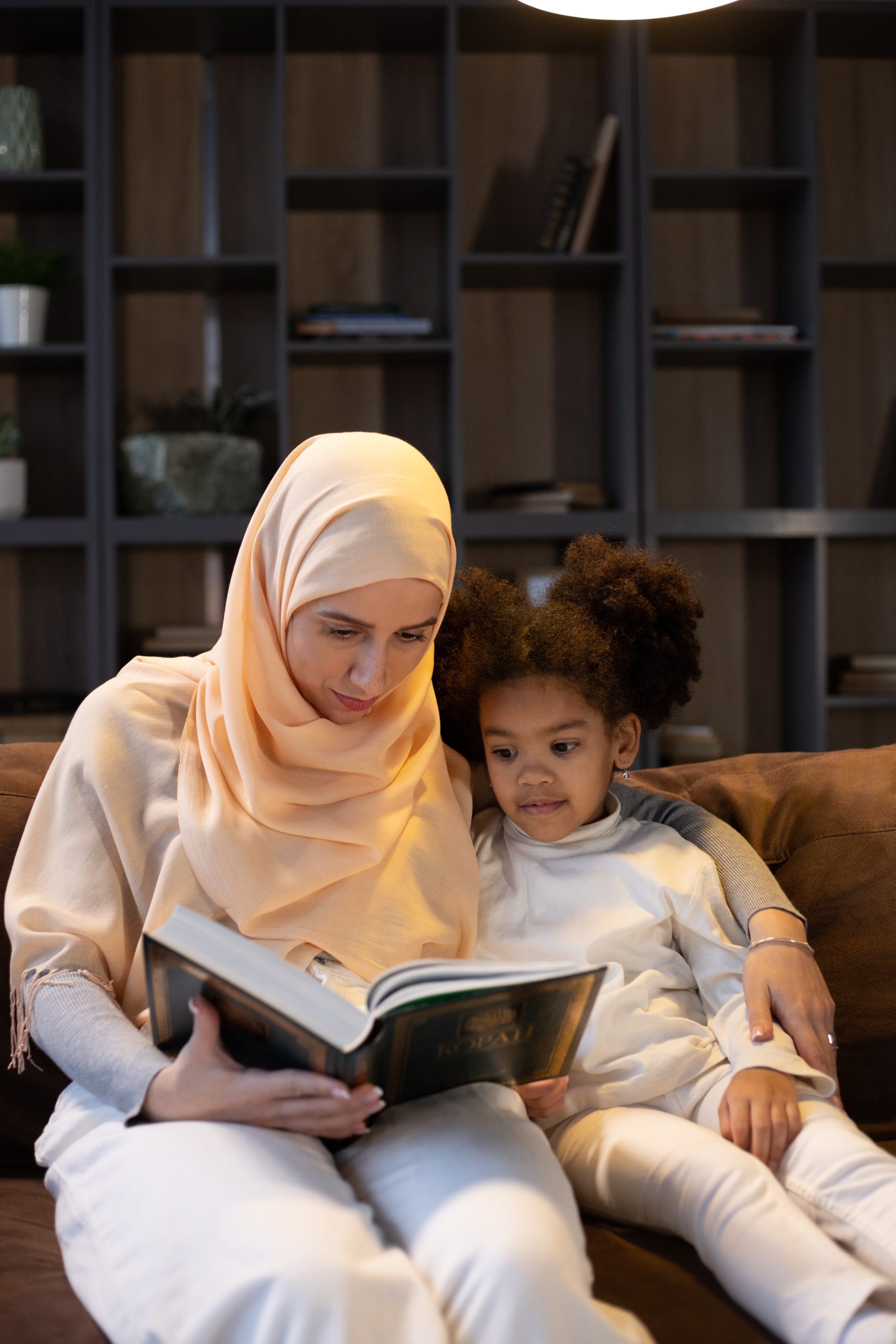“The Feature” is designed to bring attention and awareness to the amazing works that Muslim women are doing in the world, inspiring you to live your most brilliant lives. In this episode, TMWT had a chat with Tawakalit Kareem, the Woman Empowering Women in Nigeria’s Underserved Communities.
Conversations about empowering women are increasingly becoming popular. World leaders, experts and scholars alike are lending their voice to this crucial endeavour, emphasizing that it is the key to economic growth, political stability, and social transformation. Surprisingly, however, the complete opposite is true on the ground. Rather than uplifting and empowering girls and women as the most powerful force for change and progress, horrific violence is perpetrated against them…every minute, every hour, every day.
As violence against girls and women becomes the single most important issue to millennial women. more and more women are seeing the need to take individual action to end it. One of such women is Tawakalit Kareem, a communications professional and advocate for Gender Equality who founded The Butterfly Project – a ‘Not-for-Profit” initiative which provides free digital skills training to young women, free sanitary pads to girls and direct funding to about 200 families with women breadwinners across underserved communities in Nigeria.
Her work with The Butterfly Project has been featured by the United Nations Children’s Fund’s “Voices of Youth”, The Nigerian Youth Sustainable Development Goals Network, and the Nigerian Tribune.
Tawakalit works in communications across non-governmental organizations which focus on women and gender-based violence. She is an alumnus of the Young African Leaders Initiative (YALI); an ambassador of ‘Africa4Her; a 2020 ONE Nigeria Champion; a Margaret Ekpo Youth Fellow; and a member of the 2019 Class of PEIFFund Inc.
Her works on gender equality and peace, particularly in the African context, have been published on reputable platforms in Nigeria and Ghana. She has also reviewed Issue papers on topical subjects in the development sector for the West African Civil Society Institute (WACSI)
TMWT had a chat with Tawakalit kareem and here’s what she had to say:
TMWT: When you close your eyes and imagine an empowered woman, what do you see?
Tawakalit Kareem: I see a woman who is empowered to exist in the fullness of herself and the many ways that she CAN exist in this world. I see a woman who is unafraid to make choices and who understands, deeply, the power that she has to design her life outside of the crumbs society is committed to dumping at her feet.
TMWT: Tell us a little bit about your own personal path of empowerment? What was significant?
Tawakalit Kareem: My father, undoubtedly – may Allah bless him with all that is good in this world and the hereafter. My father is a Muslim to the core and upholds the tenets of Islam. He also taught me, right from the moment I could understand words, that I was a complete human being and he expected me to exist in this world as such. In my father’s eyes, I was always enough. I was magic, and he told me as often as possible. Beyond words, he showed me. He was the primary male figure in my life, and he treated me like someone whose being here meant something.
My father is also really big on conversations, and so we were ALWAYS allowed to air our opinions. Our house wasn’t a base where one person made all the rules and everyone else had to fall in line. Not at all. We talked about things, and everyone’s opinion was important.

TMWT: You created the Butterfly project to help women in underserved communities live empowered lives. Can you tell us more about this and what inspired you to do this?
Tawakalit Kareem: The Butterfly Project is my “not for profit” project and the tagline is “for women and girls.” When I became vocal about the menace of gender-based violence in 2018, I would write passionately about the subject matter and encourage women in abusive relationships to “leave to live”.
One day, a comment on one of such posts caught my attention. This person had said it was easy to tell women to “leave to live” and in fact, it was right. But the person went on to say that a major reason a lot of women in that situation don’t leave is lack of financial independence. And so the first official program of The Butterfly Project was birthed, a free digital skill training for women so they could earn from a skill that was location-independent.
While the pandemic has necessitated a pause in our training program, other projects like starting small scale businesses for women breadwinners and providing access to free sanitary products for girls have continued in its wake.
TMWT: What are your most remarkable milestones on this journey?
Tawakalit Kareem: There have been a number of them, Alhamdulilah. Like the time one of the women in our first training reached out to ask me what I thought she could charge for the first graphic design job she got on the heels of the training. And the fact that we provided direct funding to hundreds of families with women breadwinners during the lockdown.
One that makes me particularly happy is getting a young boy into school! His mum had left an abusive marriage with 2 children and nothing to her name. She was one determined woman and today, we have started a growing business for her, and her child is in school. I am really proud of that and grateful to the people who join hands with me to make all of it possible.
TMWT: Working on this humanitarian project, what challenges have you faced?
Tawakalit Kareem: I think it’s been coming to terms with the truth that it will never be enough, no matter how much I do. That used to render me powerless, but now, it just makes me want to do my part even more while resting in the knowledge that other humans are holding up their ends of the sky. Also, working with people can be…interesting. Mistakes happen, guidelines are overlooked and sometimes, that costs you time, money, and a whole lot of explaining.
TMWT: What is your vision or hope for women on the planet?
Tawakalit Kareem: I have a vivid picture of a world where women exist as their biggest and best selves. I see it so clearly; the conversations these different women are having, the kinds of spaces they are curating, and the kinds of boundaries they are enforcing. It’s a glorious picture.
TMWT: What would you say to young women who may be aspiring towards this career path?
Tawakalit Kareem: Please don’t compare your chapter 1 with someone’s chapter 7. Oh, she was accepted for another fellowship? She got to speak at that conference. The work has been years in the making. It will be your turn. Read, a lot. Do the work, a lot. Ask questions, a ton. And know that sometimes, you have to carve out your own path. You can. It’s possible.




